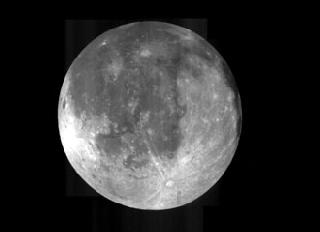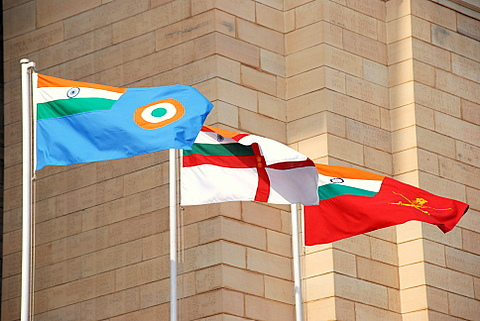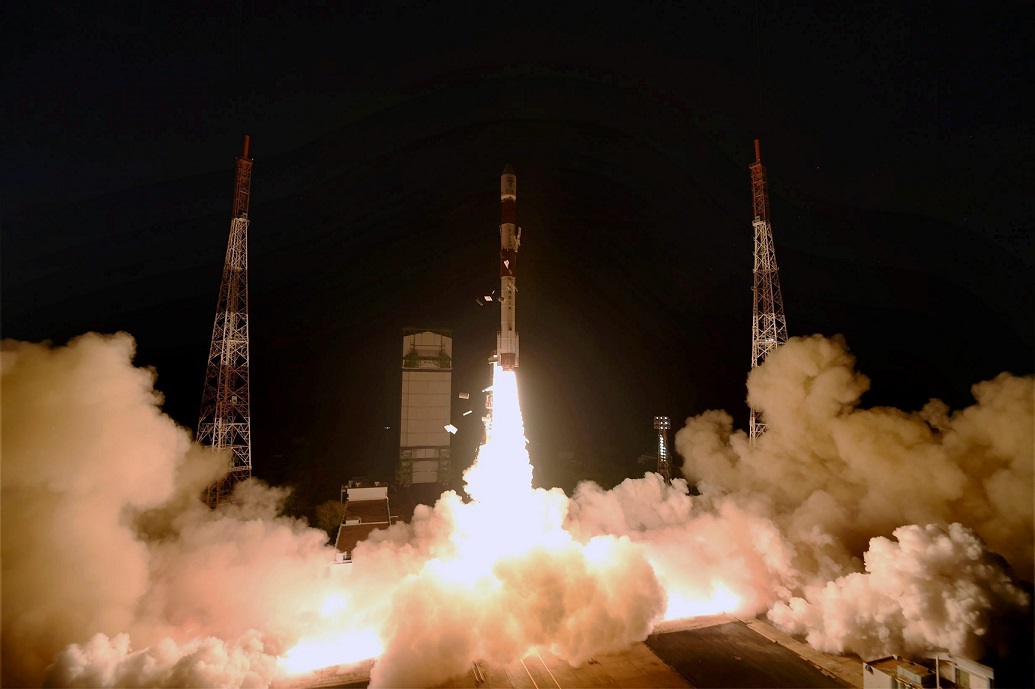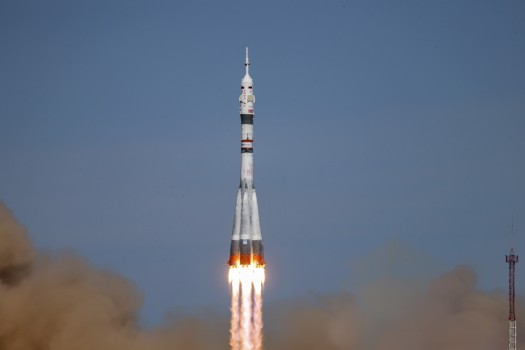
NEW DELHI (PTI): India's second lunar probe Chandrayaan II will land on Moon in 2017 and the country's first solar mission Aditya L1 is likely to be launched in 2019, Lok Sabha was informed Wednesday.
Chandrayaan II will land on the surface of Moon in 2017 and this second lunar mission will help explore the possibilities of signs of extra-terrestrial life, Minister of State in Prime Minister's Office Jitendra Singh said during Question Hour responding to supplementaries.
The Aditya L1 mission "is aimed at studying the sun from an orbit around the sun-earth lagrangian point (L-1) which is about 1.5 million km from earth. It will carry seven payloads including a coronagraph to observe the outermost layers of the sun, the corona. Aditya L1 will be launched during 2019-20 timeframe," he said in his written response.
The "approved cost" of the solar mission is 378.53 crore.
Responding to another question, Singh said India has entered the era of "space marketing" and the launch of six Singapore satellites on Wednesday will earn India 26 million euros.
So far, India has earned US$ 15 million and 80 million euros by launching satellites of other countries, he said, adding that US$ 5 million and 65 million euros are in the "pipeline", while apparently referring to the launches proposed in the future.
The minister said a budget of Rs 1420 crore has been approved by the government for realisation of Indian Regional Navigation Satellite (IRNSS) programme, including satellites and associated ground segment.
 Previous Article
Previous Article Next Article
Next Article












The Indian Air Force, in its flight trials evaluation report submitted before the Defence Ministry l..
view articleAn insight into the Medium Multi-Role Combat Aircraft competition...
view articleSky enthusiasts can now spot the International Space Station (ISS) commanded by Indian-American astr..
view article